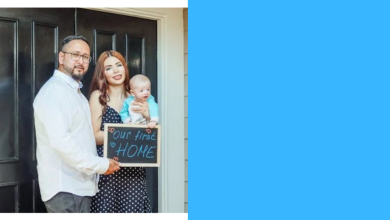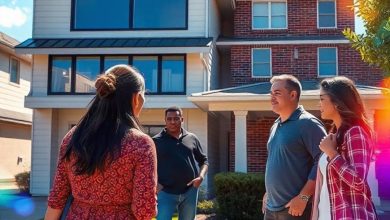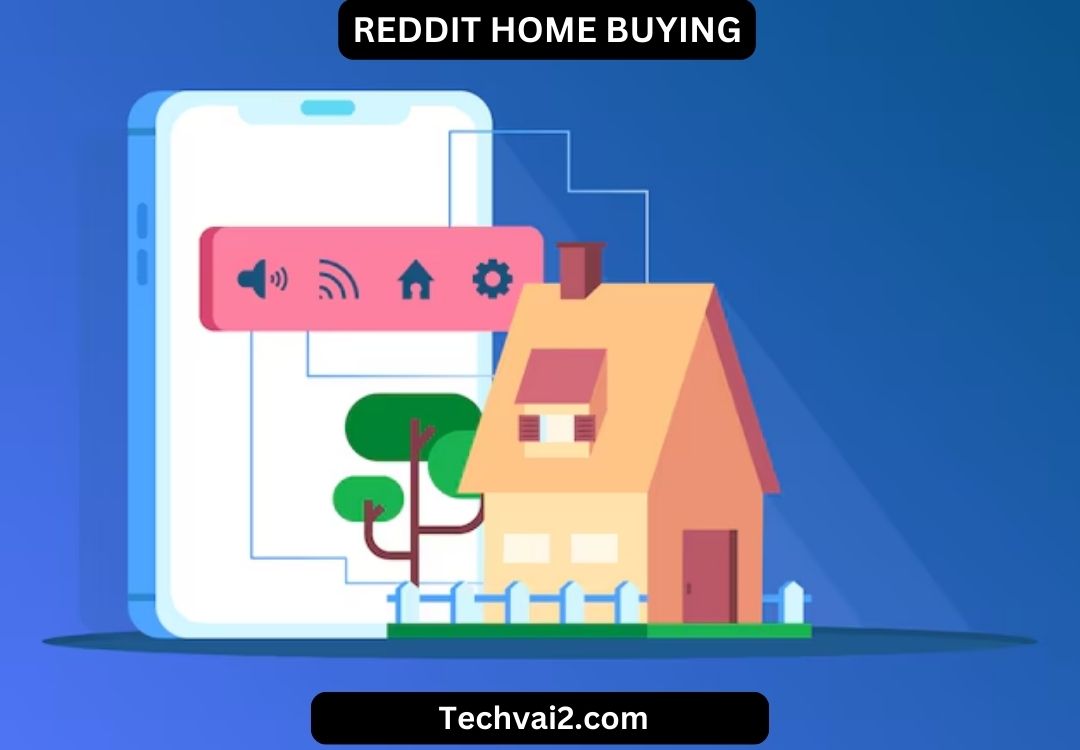Buying foreclosed homes pros and cons

Buying Foreclosed Homes: Pros and Cons
Buying foreclosed homes pros and cons.If you’re looking for a home at a lower price or interested in investing in real estate, foreclosed homes can be an attractive option. However, buying foreclosed homes comes with both potential rewards and risks. In this guide, we’ll explore the pros and cons of buying a foreclosed home, what you need to know before diving in, and the steps to take if you’re ready to pursue this opportunity.
Buying foreclosed homes pros and cons
What Is a Foreclosed Home?
A foreclosed home is a property that has been repossessed by the lender after the homeowner fails to make their mortgage payments. The foreclosure process allows the lender to sell the home, typically at a discounted price, to recover the unpaid loan balance.
There are several stages of foreclosure:
- Pre-Foreclosure: The homeowner is behind on mortgage payments, but the home has not yet been repossessed by the bank. Buyers can negotiate directly with the owner at this stage.
- Auction: The property is sold at a public auction to the highest bidder, often in a courthouse setting.
- Real Estate Owned (REO): If the home is not sold at auction, it becomes the property of the lender, who will then sell it directly or through real estate agents.
Pros of Buying a Foreclosed Home
1. Lower Purchase Price
One of the biggest advantages of buying a foreclosed home is the potential for significant savings. Banks and lenders are often willing to sell foreclosed properties at a discount to recoup their losses, which can result in a lower purchase price compared to market value.
2. Potential for Profit
If you’re an investor or a homebuyer willing to put in the work, buying a foreclosed home can provide a great opportunity for profit. By purchasing a home below market value, you can potentially sell it later at a higher price or earn rental income.
3. Faster Sales Process
Once a home is foreclosed and listed for sale by a lender, the process can move relatively quickly. Banks are often motivated to sell foreclosed properties as fast as possible to remove non-performing assets from their books.
4. Motivated Sellers
Lenders and banks want to offload foreclosed properties quickly, which makes them motivated sellers. This increases your chances of negotiating a lower price or better terms.
5. Wide Availability
Foreclosed homes are available across the country in many different price ranges and locations. This broad availability gives buyers and investors a wide variety of options to choose from.
Cons of Buying a Foreclosed Home
1. Property Condition
One of the biggest risks of buying a foreclosed home is that it may be in poor condition. Many foreclosed homes have been neglected, either because the previous owner couldn’t afford maintenance or because the home was abandoned. Additionally, some foreclosed properties may have been intentionally damaged by the previous owner out of frustration.
2. Risk of Hidden Costs
Foreclosed homes often come with hidden costs, such as unpaid property taxes, liens, or utility bills. These additional financial obligations can quickly add up, making what seems like a bargain less appealing.
3. Competitive Market
The foreclosed home market can be very competitive, especially in areas where real estate is in high demand. Investors, house flippers, and homebuyers often compete for the same properties, which can drive up prices or make it difficult to secure the home you want.
4. Limited Inspection Opportunities
In some cases, particularly with auctioned properties, buyers may not have the opportunity to inspect the home before purchasing. This means you may be buying a property without knowing the full extent of its issues or repair needs.
5. Complicated Buying Process
Buying a foreclosed home can be more complicated than a traditional home purchase. The process often involves more paperwork, dealing with banks or government entities, and navigating auction rules or bank requirements.
Types of Foreclosed Homes
There are three main types of foreclosed properties:
1. Pre-Foreclosure
In the pre-foreclosure stage, the homeowner is still in possession of the property but is at risk of foreclosure. Buyers can negotiate directly with the homeowner to purchase the property before it goes to auction.
2. Auction Foreclosure
Once a home is foreclosed, it is often sold at auction to the highest bidder. These sales typically occur at the local courthouse, and buyers may need to pay in cash or with certified funds.
3. Bank-Owned (REO)
If the property doesn’t sell at auction, it becomes a Real Estate Owned (REO) property. The lender or bank owns the home and will sell it through traditional real estate channels, often at a discounted price.
How to Find Foreclosed Homes
There are several ways to find foreclosed homes:
- Online Listings: Websites like Zillow, Realtor.com, and Foreclosure.com offer listings for foreclosed homes.
- Real Estate Agents: Some real estate agents specialize in foreclosed homes and can help you find properties.
- Banks and Lenders: Banks often list their REO properties on their websites or through partnered agents.
- Government Websites: HUD (Housing and Urban Development) and Fannie Mae also list foreclosed properties for sale.
- Local Auctions: Check with your local courthouse for foreclosure auction dates and details.
How to Finance a Foreclosed Home
There are several financing options available for buying a foreclosed home:
1. Conventional Mortgage
You can apply for a traditional mortgage if the foreclosed home is in livable condition. This is the most common financing method for buying REO properties.
2. FHA 203(k) Loans
If the foreclosed property needs repairs, an FHA 203(k) loan may be an option. This type of loan allows you to finance both the purchase of the home and the cost of repairs.
3. Hard Money Loans
Hard money loans are short-term loans often used by investors to purchase distressed properties. They are typically faster to obtain but come with higher interest rates.
4. Cash Offers
Some buyers, especially at foreclosure auctions, pay for homes in cash. This can expedite the purchase process and make your offer more attractive to lenders.
Steps to Buying a Foreclosed Home
Here are the steps involved in buying a foreclosed home:
Step 1: Get Pre-Approved for Financing
Before you start your search, get pre-approved for a mortgage or secure financing. This will give you a clear budget and make your offer more appealing to the seller.
Step 2: Find a Foreclosed Home
Use online listings, real estate agents, or auctions to find foreclosed homes that fit your criteria.
Step 3: Conduct a Title Search
Make sure the property has a clear title. A title search will reveal any liens, unpaid taxes, or other financial obligations attached to the property.
Step 4: Make an Offer or Bid
Depending on the type of foreclosure, you’ll either submit an offer through a real estate agent (REO) or place a bid at auction.
Step 5: Close the Deal
Once your offer is accepted, you’ll need to complete the closing process, which includes signing paperwork, securing financing, and ensuring all liens or debts are settled.
Risks Associated with Buying Foreclosed Homes
While foreclosed homes can be a good deal, they come with certain risks:
- Unknown Property History: You may not know the home’s full history, including past damage or renovations.
- Title Issues: Liens, unpaid taxes, or ownership disputes can complicate the process.
- Cost of Repairs: Many foreclosed homes need significant repairs, which can be expensive.
- Competition with Investors: You may face competition from seasoned investors who are prepared to pay cash.
Property Inspection and Repairs
A thorough inspection is critical when buying a foreclosed home, especially if you didn’t have access to the property before purchasing it. Here’s why:
- Limited Access for Inspections: Some foreclosed homes, particularly at auction, don’t allow for pre-purchase inspections. Be prepared for hidden problems.
- Importance of Budgeting for Repairs: Always set aside a budget for potential repairs. Common issues include outdated plumbing, electrical problems, and structural damage.
Tax Implications of Buying a Foreclosed Home
Property Taxes
Once you buy a foreclosed home, you’re responsible for property taxes. Be sure to check if there are unpaid taxes from the previous owner.
Tax Deductions
You may be eligible for tax deductions on mortgage interest and property taxes, just like a traditional home purchase.
Capital Gains Considerations
If you sell the foreclosed home at a profit, you may need to pay capital gains tax. Consult a tax advisor for advice on how to manage this.
Legal Considerations When Buying Foreclosed Homes
Understanding Foreclosure Laws
Foreclosure laws vary by state. Make sure you understand your state’s specific rules and timelines for foreclosure sales.
Reviewing the Title
Before finalizing the purchase, conduct a thorough title search to ensure there are no liens or claims against the property.
Hiring a Real Estate Attorney
A real estate attorney can help navigate the complexities of foreclosure purchases, ensuring the process is legally sound and protecting your interests.
Is Buying a Foreclosed Home Right for You?
Buying a foreclosed home isn’t for everyone. If you’re an investor looking for a deal or a homebuyer willing to put in the work, a foreclosed home can be a great opportunity. However, if you’re risk-averse or not prepared for potential repairs and complications, it may be better to pursue a traditional home purchase.
Conclusion
Buying a foreclosed home offers several benefits, such as lower purchase prices and the potential for profit. However, there are also risks, including property condition, hidden costs, and limited inspection opportunities. By understanding the pros and cons and taking the right steps—such as securing financing, conducting a title search, and budgeting for repairs—you can make an informed decision and successfully navigate the foreclosure market.
FAQs
1. Are foreclosed homes sold as-is?
Yes, most foreclosed homes are sold as-is, meaning the buyer is responsible for any repairs or issues with the property.
2. Can you get a mortgage for a foreclosed home?
Yes, you can get a mortgage for a foreclosed home, but the property must meet certain condition standards. FHA 203(k) loans are available for homes needing repairs.
3. How long does it take to buy a foreclosed home?
The timeline varies depending on the type of foreclosure, but it can take anywhere from a few weeks to several months, especially if the property is purchased at auction.
4. Is it safe to buy a foreclosed home at auction?
Buying at auction can be risky, as you often can’t inspect the property beforehand. It’s important to do your research and have a budget for repairs if needed.
5. Can you negotiate the price of a foreclosed home?
Yes, you can negotiate the price of a bank-owned (REO) property. However, auctioned homes typically sell to the highest bidder, so negotiation is less common in that case.






